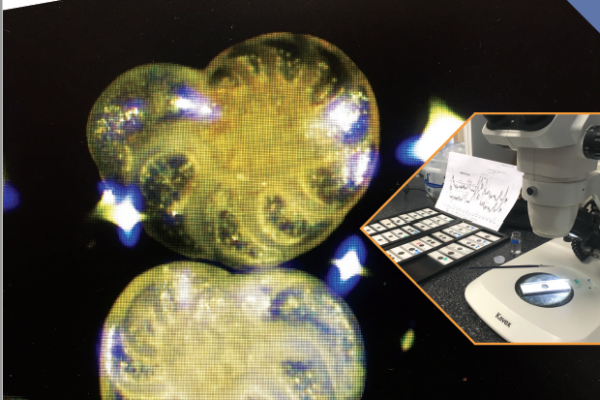Category: News

Annual Review 2023
Read More
I am a conservation geneticist working at the Royal Zoological Society of Scotland’s WildGenes laboratory. I use genetic and genomic tools to help inform conservation management which may include answering questions about individual ID, hybrid status, relatedness, parentage, geographic origin, population diversity, or taxonomic distinction.
My PhD research used evolutionary and population genetic theory to understand the distribution of contemporary genetic diversity in the palmate newt. My research and work now involves the use of similar genetic theories to assess the status of and inform management (both captive and in situ) of species that have been flagged as priorities for conservation action. This includes many endangered and susceptible populations/species both in the UK and overseas.
Conservation of endangered species frequently involves the management of small and fragmented populations and the genetic problems associated with them. Genetic data can be used to manage both individuals and populations so as to maximise the persistence of populations and the evolutionary potential of a species. Similarly, when genetic data is used to confirm species ID or geographic origin, assessments can be made as to whether the animal (or part) has been traded illegally. DNA tools are particularly useful for both monitoring and enforcement as they can be applied to samples that maybe otherwise unidentifiable (e.g. when no morphological characteristics remain).
Careful and strategic planning of sampling and laboratory analysis to meet the aims of clearly defined questions can save a lot of time later. Even if it means re-thinking your whole strategy. Recognise the limitations of the methods that you are using and don’t be fearful of negative results. It is better to know what a method is NOT capable of as it provides a clue to the direction that new methods and development should take (so limitations are positive rather than negative bits of information!).

Awarded: PhD Scholarship
Field:
University: University of Aberdeen, now RZSS Conservation Geneticist at the RZSS Edinburgh Zoo